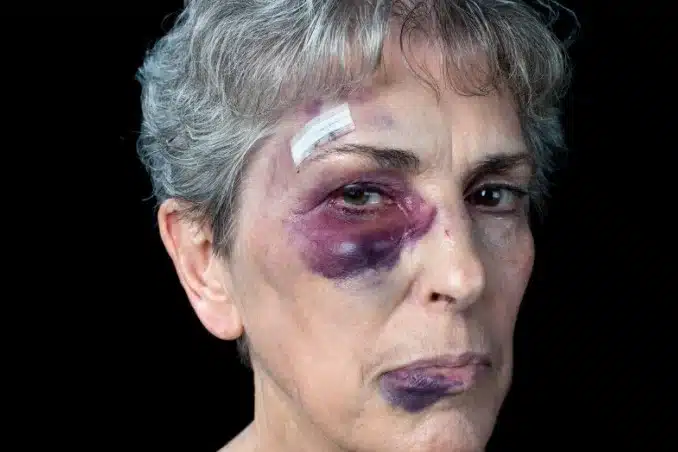Are you wondering if a nursing home facility can be liable for any elder abuse or injury?
Lawsuits can be filed against nursing homes or other types of elder care facilities. Specifically, personal injury, medical malpractice, or nursing home liability claims can be filed due to an act of negligence or abuse that occurred on the premises of the healthcare facility.
When an elderly relative needs special medical attention or supervision, healthcare and rehabilitation centers often step in to fill that need. However, it can be a family’s worst nightmare to learn that a facility they trusted to care for their loved one has violated that pact. Seeking the advice of lawyers experienced in elder law issues such as nursing home liability can help you understand how to move forward.
A specific employee’s conduct or the outcome of a facility policy or practice can yield legal ramifications. Below we will discuss two of the most common issues in elder care facilities — negligence and abuse.
What Types of Actions of Nursing Homes Can Be Considered Negligent?
Many times negligence stems from inaction. For example, if the nursing home fails to maintain the premises to ensure a reasonably safe environment that is free of hazards, then the nursing home could be liable for ensuing injury. This type of negligent maintenance includes keeping hallways clear to avoid slip and fall accidents and separating patients with violent tendencies due to their medical condition from harming others in the general population.
Another way that the nursing home can be held liable is if they institute negligent hiring practices. In most cases, if an employee neglects, abuses, or otherwise harms an elderly patient, and the nursing home did not properly vet that employee, the facility could be held wholly or partially liable. Furthermore, the failure on the part of the nursing home to train or supervise employees can also be deemed negligent.
One key reason for placing an elderly loved one into a nursing home is the need for continued treatment. Failure to provide these specific medical treatments or other standard medical care is negligence. When substandard medical care causes injury, this type of negligence could transition into a viable nursing home liability claims or medical malpractice claims.
What Actions of Nursing Homes are Considered Abusive?
Sadly, elder abuse in nursing homes is a real problem. One study of 2,000 nursing home residents found that up to 44% have been abused. One recent national conversation on abuse in healthcare facilities occurred in Arizona late last year when a woman in a vegetative state gave birth to a child. The woman had been in the nursing facility for 27 years.
This incident led state investigators to perform wellness checks on the nursing homes’ other residents, and the chief executive officer of Hacienda Healthcare resigned almost immediately. Criminal charges for sexual assault will be filed once the criminal investigation is complete. Still, the victim and her family have the right to file a civil lawsuit against both the facility and the individual abuser for nursing home liability claims.
Physical, emotional, and sexual abuse is less common than neglect, but at times, it can occur and often will happen without the family of the individual knowing. While this type of abuse can never be reversed, lawsuits against guilty parties can provide relief.
Finding the Right Elder Abuse Attorney
If you believe your loved one may be suffering from negligence or abuse in a nursing home facility, it is important to not only contact the proper authorities but also to consult with an injury and accident attorney about a civil action against that healthcare center. Contact us today at the CEO Lawyer Personal Injury Law Firm.




